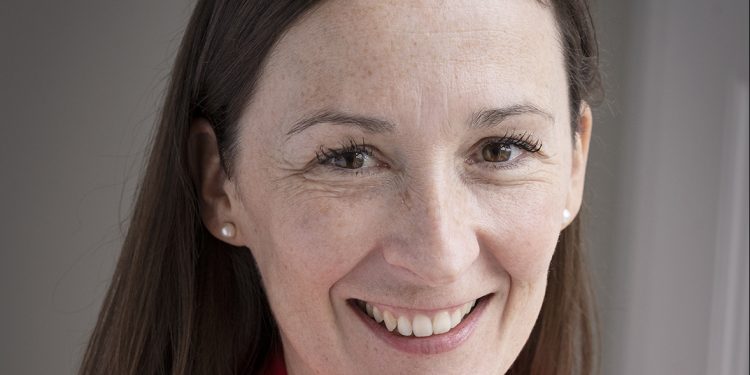The founder of an organisation which helps ‘career break’ professionals back into work, has urged the health insurance sector not to forget about all the women it has originally recruited, trained and then lost.
The call comes from Stephanie Dillon, CEO and founder, Inclusivity Partners, (pictured) who has announced the launch of a programme which enables ‘career break’ professionals to return to the insurance sector.
Opportunities are open across all disciplines, including underwriting, broking, claims, actuarial, exposure management, risk and some corporate functions, while participants include AIG Life, American International Group UK, Chubb, Chaucer Group, Howden Group & DUAL, Lockton, Marsh, Phoenix Group and Willis Towers Watson.
Under the programme candidates are assessed on their potential while acknowledging the full breadth of their experience on the understanding that breaks should not be career limiting.
Successful candidates are offered a six month paid placement in one of the participating organisations, thorough training, onboarding and an induction process in addition to one-to-one specialist coaching.
The programme is currently open to applicants. Successful candidates will start work in September 2021 on six-month contracts, with the aim of moving to a permanent role at the end of that period.
While the programme is open to women and men returning from a career break, Dillon told Health & Protection that typically career breaks are associated with mothers with young children.
“We help the women rebuild their confidence, sort our their CV and LinkedIn Profiles and get them ready to apply for a new role.
“If they are successful, they are taken onto a fixed term six month contract. During the six months we provide transitional coaching and support.
“The aim is that after the six months most people will be offered a permanent position. If that doesn’t happen we try to help them find a new role elsewhere.
“We are also helping the insurance companies address their lack of diversity at senior levels by finding many of the women they recruited, trained and then lost along the way.”
Elaborating on the extent of the issue, Dillon points to Association of British Insurer data that shows, while women make up 55% of the insurance sector, they hold just 25% of senior roles.
“Not only is this a waste of talent and unfair, it means that people designing and selling products are not reflective of 50% of the population. Particularly an issue in the retail space (CII Insuring Women’s Futures report talks extensively about the pensions gap – much bigger than the earnings gap for women).”
However, the good news is, Dillon adds, is that her message does appear to be hitting home.
“When you talk to firms about the issues around retention and representation of women, they get it. Showing them how other sectors are addressing this issue also helps.
“It also helps to make it personal. Everyone can think of a woman they know who left their organisation, often when they had young children, and were not offered any flexibility.”
And there have been some success stories. Dillon cites the example of a woman who returned to the UK from Hong Kong where she had moved when her husband’s job transferred there. She is now divorced with three children and has returned to the sector after an eight-year career break.
Another woman had to leave her job when, with four boys under four, her employer refused to let her work part time. After 17 years she has returned to the sector.
And another took a break to start her own business, which she ran successfully for five years, who then realised she wanted to return to her old professional life.
“The sector does need to address retention,” Dillon says. “But in the meantime, don’t forget all the women you originally recruited, trained and then lost.
“Open your minds, open your eyes, open your doors – give them a chance. You’ll be surprised how much talent is out there and how much they will add.”






